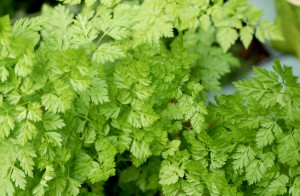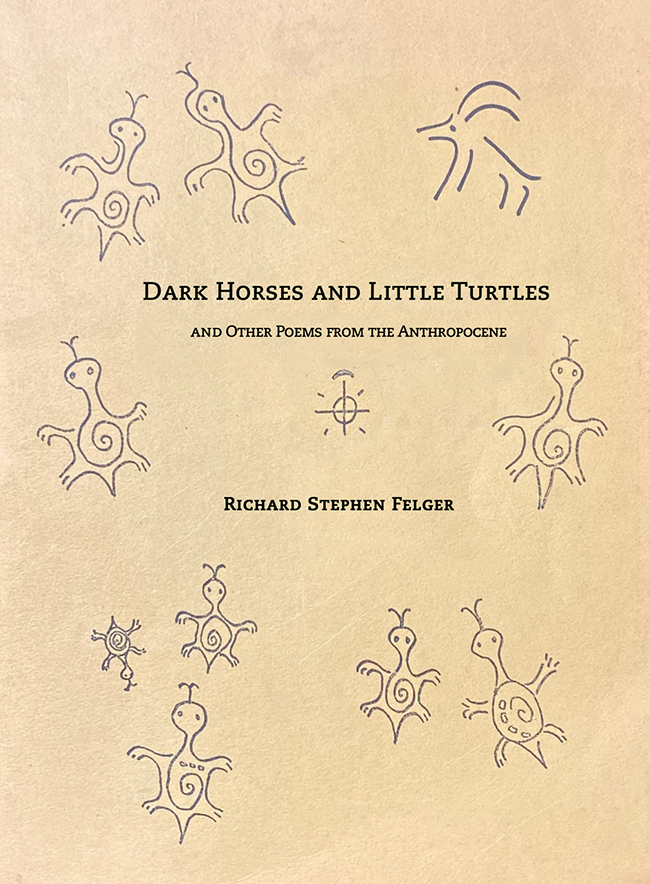Notes From A Plant Freak
 Know When To Give Up
Know When To Give Up
It may seem like a strange suggestion for New Year’s, but many of the problems we encounter in gardening comes from our inability to accept defeat. Gardening should not be like war. Your garden should not be devoid of pests. A balance of good guys and bad guys is necessary. If you are meeting the needs of your plants, you won’t have too many pest infestations, since they tend to overtake plants that are previously compromised. Occasionally, aphids will take over a lettuce plant and a tomato hornworm may devour a young tomato. Accept it. You don’t need to come out with the heavy artillery, or even the organic insecticidal soaps. Look rather into whether the plant has enough water, sun, and if you are planting it in the proper season. Sometimes there is nothing wrong and there just happens to be a spike in a particular insect’s population. Accept it and move on. The biggest problems we have in agriculture come from trying to force the unnatural (like acres and acres of the same plant growing all in one spot). As a result we end up resorting to more and more extreme methods of cultivation. Many pesticides and synthetic fertilizers originated from the same companies that once made chemical weapons and bombs. After World War II, these companies found a new industry for their products: agriculture. Let your garden be a refuge for clean, natural food to grow. Employ beneficial insects and maybe even use some organic pest controls occasionally. But first ask yourself, is that one or two lettuce plants worth all that effort?
The best way to avoid pest infestations is by not fighting them. When you spray even the gentlest of pesticides, you are killing good guys as well, throwing your garden off balance. The best way to keep your plants happy is making sure you have enough organic material in the ground, a good layer of mulch at the base of the plant, and sufficient sunlight (most garden plants, especially in the cool season, do best in full sun all day long). Keep your plants moist, evenly, but don’t over water. The first mistake people make when learning to garden is over watering. The second is usually over watering which tend to push nutrients out of the soil. Plants favor deep watering and less often, rather than frequent, shallow watering. Mulching also helps with keeping the moisture in the ground so watering can be less frequent.
Add more biology to the soil, not less. Think about adding some beneficial critters. Arbico is a Tucson-based company that sells beneficial organisms for your garden. Try beneficial nematodes, lacewings, or praying mantis. Check out their website at www.Arbico-Organics.com and if you have questions, call them up. They can be very helpful.
Seasonal Guidelines
Many people start projects around the New Year. For the garden, it is the middle of the cool season. Whether you already have a garden going or are just starting, you can still be planting, growing and harvesting those winter vegetables that many people get going in the fall: the various greens, root vegetables, cilantro, parsley, dill, peas, or the underappreciated herb, chervil, which is often used in French cuisine. As the cool season continues, select varieties that need shorter times to grow and that are heat tolerant. The heat will be here before we know it.
Speaking of the warm season, January is the month to start planting out pots of tomatoes, peppers, eggplant, inside or in a cold-frame. These will be put in the garden in 6-8 weeks (with continued cold protection). This is especially beneficial for getting a head start on the warm season, and playing with some of the varieties that take a little longer to mature. You can also direct-seed some of these warm season plants if you make a plan for protecting them from frosty nights. They will grow slower. Also try growing potatoes. Plant them now. Small potatoes are planted whole, while larger ones are cut into 2 inch sections. Plant with “eyes” face up.
Jared R. McKinley maintains a gardening and homesteading blog called Arid Land Homesteaders League at AridLandHomestead.com
Category: FOOD & DRINK, Living




